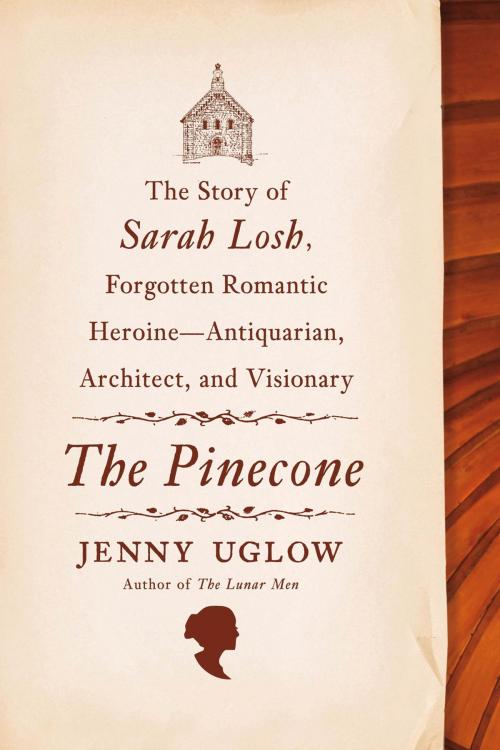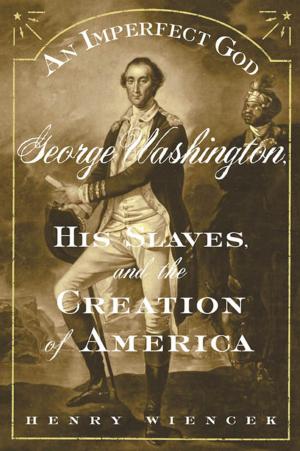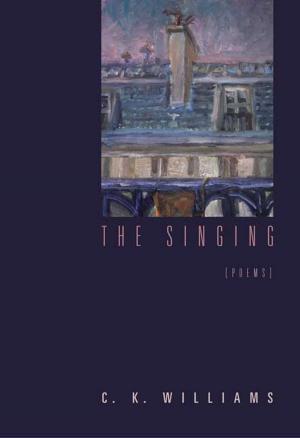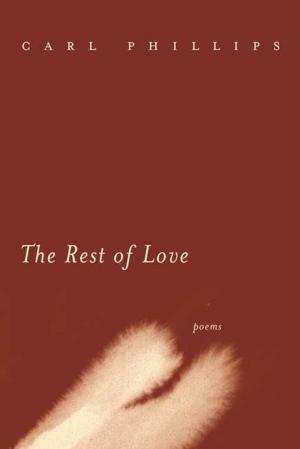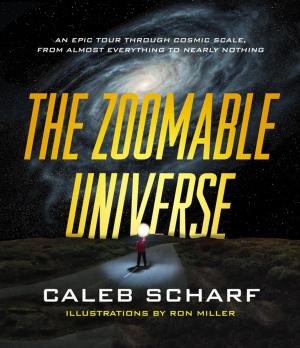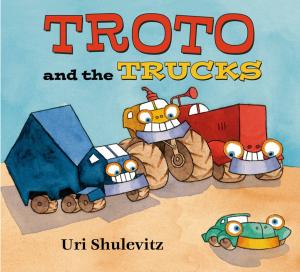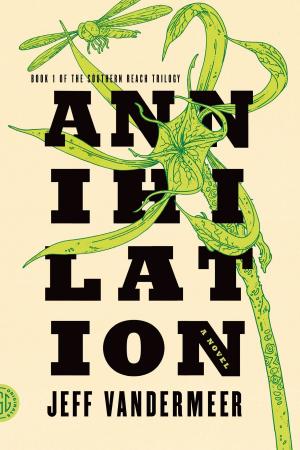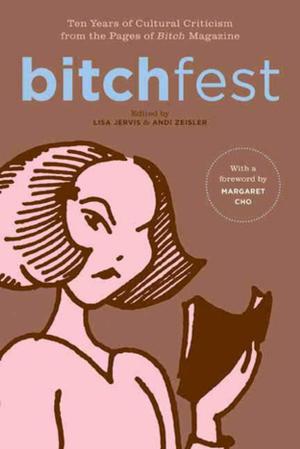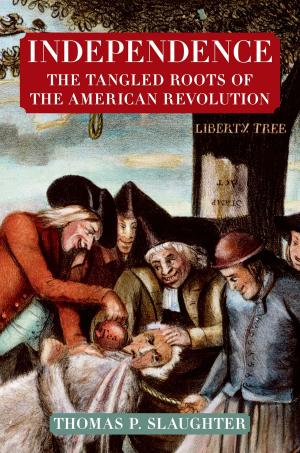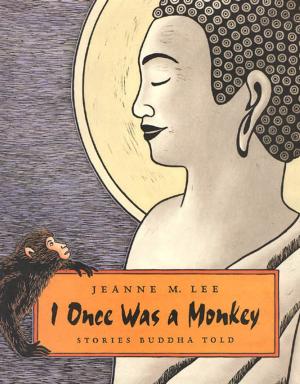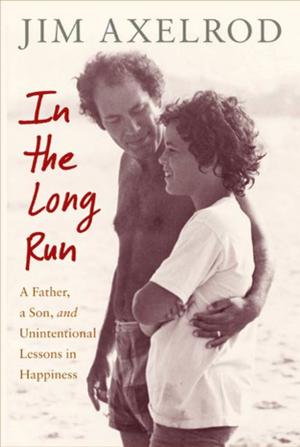The Pinecone
The Story of Sarah Losh, Forgotten Romantic Heroine--Antiquarian, Architect, and Visionary
Nonfiction, Art & Architecture, Architecture, Public, Commercial, or Industrial Buildings, Biography & Memoir, Artists, Architects & Photographers| Author: | Jenny Uglow | ISBN: | 9781466828216 |
| Publisher: | Farrar, Straus and Giroux | Publication: | January 15, 2013 |
| Imprint: | Farrar, Straus and Giroux | Language: | English |
| Author: | Jenny Uglow |
| ISBN: | 9781466828216 |
| Publisher: | Farrar, Straus and Giroux |
| Publication: | January 15, 2013 |
| Imprint: | Farrar, Straus and Giroux |
| Language: | English |
In the village of Wreay, near Carlisle, stands the strangest and most magical Victorian church in England. This vivid, original book tells the story of its builder, Sarah Losh, strong-willed, passionate, and unusual in every way.
Sarah Losh is a lost Romantic genius—an antiquarian, an architect, and a visionary. Born into an old Cumbrian family, heiress to an industrial fortune, Losh combined a zest for progress with a love of the past. In the church, her masterpiece, she let her imagination flower—there are carvings of ammonites, scarabs, and poppies; an arrow pierces the wall as if shot from a bow; a tortoise-gargoyle launches itself into the air. And everywhere there are pinecones in stone. The church is a dramatic rendering of the power of myth and the great natural cycles of life, death, and rebirth.
Losh's story is also that of her radical family, friends of Wordsworth and Coleridge; of the love between sisters and the life of a village; of the struggles of the weavers, the coming of the railways, the findings of geology, and the fate of a young northern soldier in the First Afghan War. Above all, it is about the joy of making and the skill of unsung local craftsmen. Intimate, engrossing, and moving, The Pinecone, by Jenny Uglow, the Prize-winning author of The Lunar Men, brings to life an extraordinary woman, a region, and an age.
In the village of Wreay, near Carlisle, stands the strangest and most magical Victorian church in England. This vivid, original book tells the story of its builder, Sarah Losh, strong-willed, passionate, and unusual in every way.
Sarah Losh is a lost Romantic genius—an antiquarian, an architect, and a visionary. Born into an old Cumbrian family, heiress to an industrial fortune, Losh combined a zest for progress with a love of the past. In the church, her masterpiece, she let her imagination flower—there are carvings of ammonites, scarabs, and poppies; an arrow pierces the wall as if shot from a bow; a tortoise-gargoyle launches itself into the air. And everywhere there are pinecones in stone. The church is a dramatic rendering of the power of myth and the great natural cycles of life, death, and rebirth.
Losh's story is also that of her radical family, friends of Wordsworth and Coleridge; of the love between sisters and the life of a village; of the struggles of the weavers, the coming of the railways, the findings of geology, and the fate of a young northern soldier in the First Afghan War. Above all, it is about the joy of making and the skill of unsung local craftsmen. Intimate, engrossing, and moving, The Pinecone, by Jenny Uglow, the Prize-winning author of The Lunar Men, brings to life an extraordinary woman, a region, and an age.
